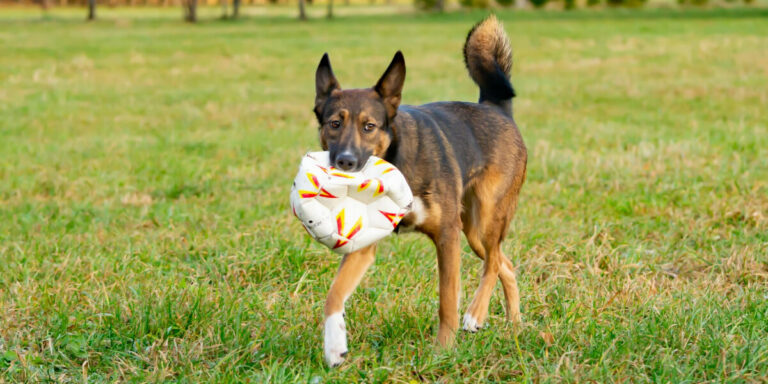Adopting a dog is always and inevitably an act of great responsibility and love, whether they are adults or puppies.
When adopting an adult dog, it is normal to ask questions or have doubts about how to behave and what to do specifically. Compared to the puppy, the adult dog may present more of a problem because there are behavioral aspects to consider.
There is, for example, the possibility that before us he has lived on the streets and does not know how to relate well with us humans since he has never had the opportunity and does not know where to start to make himself understood and listened.
Indeed, a lot of patience and love are needed because establishing trust with us is more difficult than with a puppy dog. We need to start prepared: it is to be expected that the dog will not trust us and as a result it will take much more time than expected.
First of all, he will definitely have a harder time adjusting and feeling comfortable because he is experiencing a new situation compared to previous ones. Not knowing the new owners there will in fact be fear and insecurity, two aspects that must be slowly eliminated with a lot of good will.
If a victim of physical or psychological abuse, the dog sees us as the humans he has dealt with before us, to him we are just like them, and he unfortunately carries with him all the baggage of information that refers to the upbringing or non-upbringing he received before our arrival. An abused dog has had a difficult life that we can never fully understand. His pain and bad experiences have become part of him and he will surely never forget them.
Oppressing him with so many orders and loading ourselves with so many expectations of him from the beginning of our cohabitation will not benefit either party. Waiting for him to settle in on his own and giving him his own time is the first step to making him feel loved and wanted. He needs to understand that even if he does something wrong, he will not be abandoned or beaten up as perhaps happened to him in the past but that every day together we learn something new without fear or dread of some negative gesture on our part.
Without scolding him for every mistake he makes the bad habits will go away by themselves little by little and he will slowly gain more confidence both in us and in himself.
All that is really needed is solely a lot of love and patience, but above all a lot of awareness of how to relate in the right way.
The new four-legged housemate needs to know and feel that he has someone who cares for him: a warm, cozy kennel and bowls of fresh water and kibble every day are his staples from which he starts to trust. Knowing that he is fed and cared for boosts his self-esteem and confidence, which will slowly grow as time and cohabitation evolve.
Even seeing that there are too many people around him in the early days can cause him stress and fear, because since he does not know anyone well, he must have time to become attached.
A warning is placed on the behavior of children; they too, like adults, must be aware of the situation and allow the newcomer his own space and time.
Once everyone gets used to each other, playtime will be full of joy and lightheartedness, and the act of kindness derived from caring for an adult dog will be amply repaid by the love and devotion of your best four-legged friend. An adult dog will love you unconditionally just as a puppy would and once a mutual relationship of affection and trust is established.





